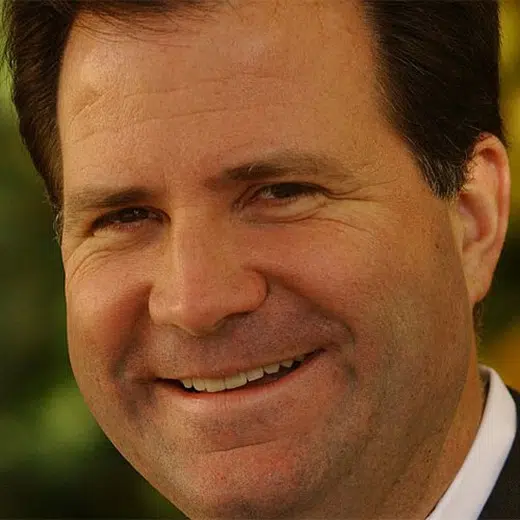WASHINGTON (Reuters) – President Joe Biden’s administration plans to ease in early November COVID-19 pandemic-related travel restrictions that have barred people from much of the world from entering the United States starting in early 2020.
The U.S. Centers for Disease Control and Prevention (CDC) still must issue a formal order that will provide details on the new rules and when they will begin.
Here is a look at the U.S. travel restriction policy.
WHO CAN TRAVEL TO THE UNITED STATES?
– The United States will lift travel restrictions on 33 countries https://www.cdc.gov/coronavirus/2019-ncov/travelers/from-other-countries.html including China, India, Brazil, Iran, South Africa and most of Europe for travelers who are fully vaccinated against COVID-19 that were imposed starting in early 2020.
– Travelers will still need to provide proof of a negative COVID-19 test within three days of departing for the United States.
– Until the new rules take effect, most foreign nationals who have been in the 33 countries for 14 days prior to departure cannot travel to the United States.
– Foreign nationals from all countries, with few exceptions, will need vaccinations to travel to the United States by air.
– The CDC has not yet said whether foreign nationals who recently had COVID-19 and are not currently eligible to be vaccinated will be allowed to travel to the United States.
WHAT VACCINES WILL BE ACCEPTED?
– It is not certain what vaccines the CDC will accept beyond the three already authorized in the United States – those from Pfizer/BioNTech, Moderna and Johnson & Johnson – or what proof must be presented. The Biden administration told airlines on Tuesday that it was still deciding what vaccines will be accepted.
– The CDC pointed to its prior guidance when asked by Reuters what vaccines it will accept. “The CDC considers someone fully vaccinated with any FDA-authorized or approved vaccines and any vaccines that (the World Health Organization) has authorized,” spokesperson Kristen Nordlund said.
WHAT ROLES WILL AIRLINES PLAY?
– It is expected that travelers will need to sign a form attesting to their vaccination and airlines will check passengers’ documents to certify compliance with the vaccine rules.
– Airlines currently check for proof of a negative COVID-19 test before travelers depart.
– The CDC will also issue new contact-tracing rules before the restrictions are lifted that will require international passengers to give email and phone contact information so public health authorities can reach them if needed, including if they are seated near someone who tests positive for COVID-19.
WHAT HAPPENS TO UNVACCINATED AMERICAN TRAVELERS?
– Americans traveling from abroad who are not vaccinated will face tougher rules than those who are vaccinated, including needing to show proof of a negative COVID-19 test within a day of travel and proof of purchasing a viral test to be taken after arrival. Vaccinated Americans must show proof of a negative test within three days of returning to the United States.
– Exceptions from the vaccine requirements include children not yet eligible for shots.
– The Biden administration expects humanitarian exemptions will be granted for certain foreign nationals who agree to be vaccinated upon arrival in the United States, according to a White House official and a document seen by Reuters. The Biden administration expects such exemptions will be very limited.
(Reporting by David Shepardson; Editing by Will Dunham)






